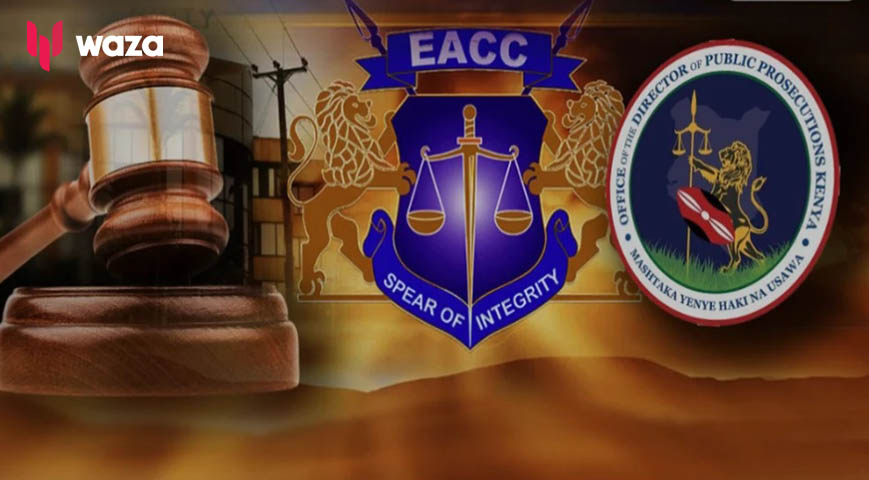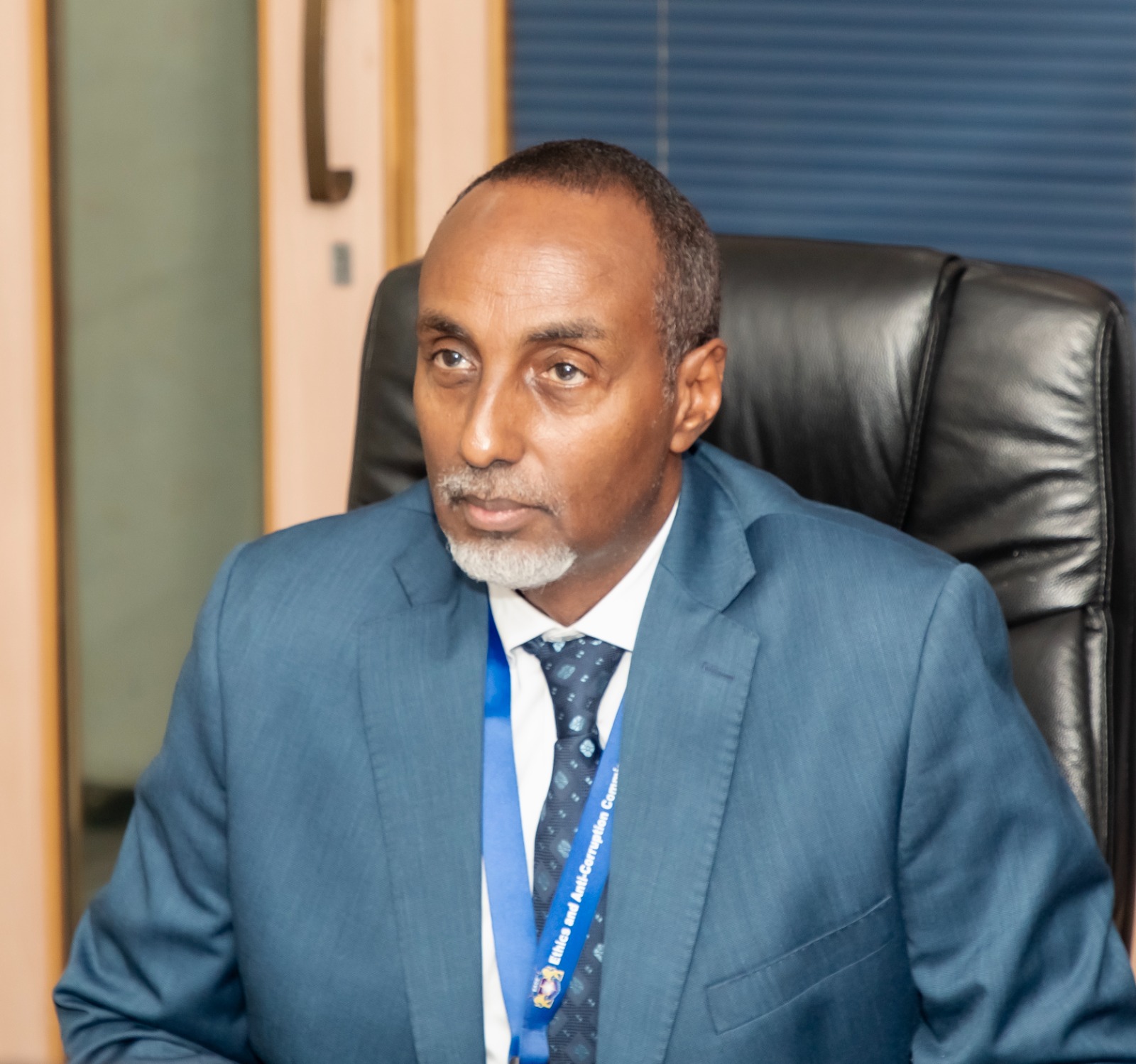Members of Parliament have proposed granting the Ethics and Anti-Corruption Commission (EACC) prosecutorial powers to address delays in concluding cases of public funds theft.
During a session in the National Assembly, Justice and Legal Affairs Committee (JLAC) Vice Chairperson Mwengi Mutuse suggested that the Director of Public Prosecutions (DPP) should formally appoint EACC lawyers as special prosecutors for corruption cases. The Constitution under Article 157 grants the DPP authority to delegate such powers.
"We recommend that the DPP gazette EACC lawyers as prosecutors," Mutuse stated, citing paragraph 60 of JLAC's report.

Did you read this?
This proposal aligns with recommendations from the newly appointed EACC chairperson, Abdi Mohamud, who argued during his vetting that EACC lawyers are better suited to prosecute corruption cases since they are directly involved in evidence collection and analysis.
"A lawyer who has been part of the evidence collection process understands the file thoroughly. Unlike external prosecutors, they can navigate the intricacies of the case more effectively," Mohamud said.
The move comes amid criticism of the DPP’s handling of high-profile corruption cases, which are often dropped due to a lack of witnesses. President William Ruto highlighted this issue in his recent State of the Nation address, warning that such failures undermine the fight against corruption.
"It cannot be the case that the DPP keeps dropping cases because, somehow, they are unable to produce witnesses," Ruto said, emphasizing the need for accountability and improved efficiency in anti-corruption efforts.
The proposal seeks to ensure swift and effective prosecution, bolstering public confidence in the country’s fight against graft.










